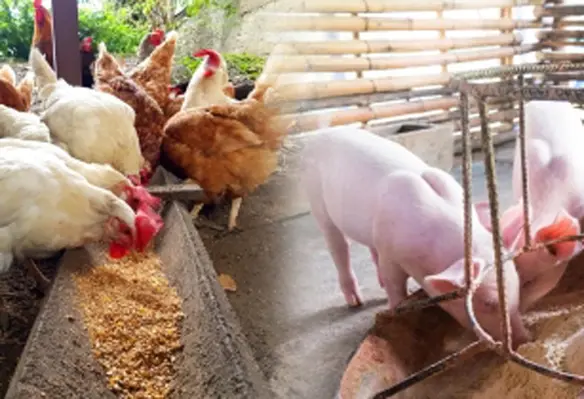Researchers at the McMaster University have developed a new form of rapid test to detect infections in farm animals, responding to the rising threat of dangerous outbreaks.
Science Daily reported that the prototype has been proven effective in detecting a devastating diarrheal infection in pigs and can be adapted to test for other pathogens, and in other animals.
The test, created by biochemist Yingfu Li and engineer Leyla Soleymani and their colleagues, uses a small sample of saliva to detect the chemical markers of infection.
It uses technology similar to a form of test the same research team recently created to detect COVID and other infections in humans. The human test is now moving toward the marketplace with public research funding and corporate support.
The animal test, once it becomes widely available, is expected to be a valuable tool for identifying and isolating outbreaks in farm settings, and for limiting the possibility of animal-to-human transmission of infections, which is believed to be the origin of the COVID-19 pandemic.
"There is a really a clear need for this technology," Li said. "There are many reasons why everyone should care about animal-infection surveillance."
The new test could be a significant advancement in the concept of "One Health," the growing understanding of the interconnection between human, animal and ecosystem health.
Creating such technology is part of the mission of McMasters broader Global Nexus for Pandemics and Biological Threats.
The researchers have designed the aptamer-based test to be portable, accurate and quick, allowing veterinarians and other animal caretakers to identify, isolate and treat infected animals quickly.
The work has been published in the influential German science journal Angewandte Chemie, which has identified it as a "very important paper" – a specific and rare distinction. The research was funded by the Natural Sciences and Engineering Research Council of Canada.
The test works by mixing a small saliva sample with a chemical reagent and applying the blend to a small microchip reader, which is in turn attached to a smartphone, which displays the results in minutes.





